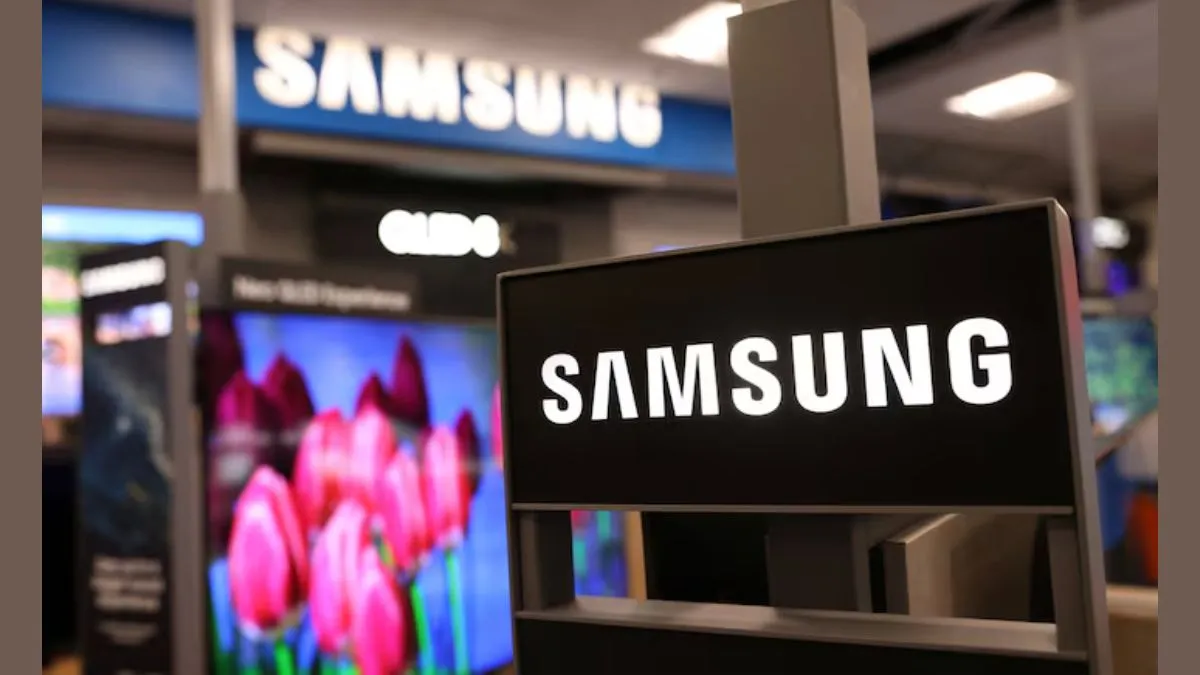Samsung introduces advanced AI chip technology for smarter, more efficient computing
Samsung has completed building the new infrastructure to produce faster and more efficient chips for artificial intelligence (AI) computing, for so-called compute express link (CXL) technology was built at Samsung Memory Research Center in Hwaseong, about 45 km south of Seoul.

Samsung Electronics has completed building the new infrastructure to produce faster and more efficient chips for artificial intelligence (AI) computing. The infrastructure for so-called compute express link (CXL) technology was built at Samsung Memory Research Center in Hwaseong, about 45 km south of Seoul, the company said in a statement.
The CXL technology enables the efficient operation among computer processing units, memory chips and accelerators. It is further considered as next-generation memory technology following high-bandwidth memory, a Yonhap news agency report stated.
Samsung said the infrastructure was certified by Red Hat, a US software company.
Song Taek-sang, head of the new DRAM solution development team at Samsung Electronics, said the company's partnership with "Red Hat is able to deliver CXL memory products with enhanced reliability to our customers."
"Through our continued collaboration spanning software and hardware, we will remain at the forefront of developing innovative memory solutions as well as the CXL ecosystem," Song said in the statement.
ALSO READ: Samsung launches affordable smartwatch with advanced health monitoring technology: Check details
Samsung has launched a new Galaxy Watch FE, a budget-friendly smartwatch that brings various features of the Galaxy Watch series at an affordable price similar to the Samsung FE series of Galaxy smartphones. Some key highlights of the smartwatch includes a 1.2-inch Super AMOLED display, Exynos W920 dual-core processor, 1.5GB of RAM, 16GB of storage, a 247mAh battery with wireless charging support, and more. Here are all the details you need to know.
ALSO READ: Telecommunications Act 2023 new provisions to come into effect on June 26: All you need to know
From June 26 onwards the new provisions of the Telecommunications Act 2023 will take effect and this Act has been designed to modernize and consolidate the legal framework governing the development, expansion, and operation of telecommunications services and networks in India. It also addresses spectrum allocation and related issues.
The Telecommunications Act 2023 is set to replace outdated legislation such as the Indian Telegraph Act of 1885 and the Indian Wireless Telegraph Act of 1933, reflecting the substantial technological advancements that have transformed the telecommunications sector over the years.
Inputs from IANS